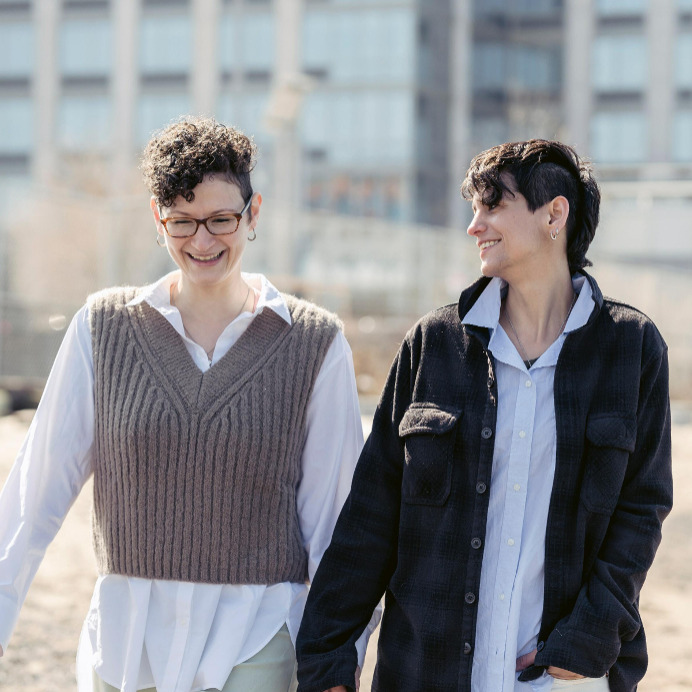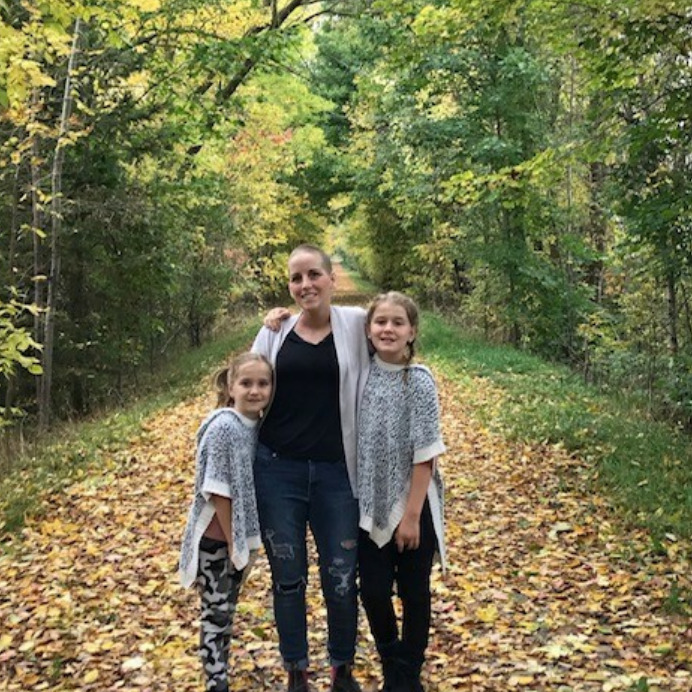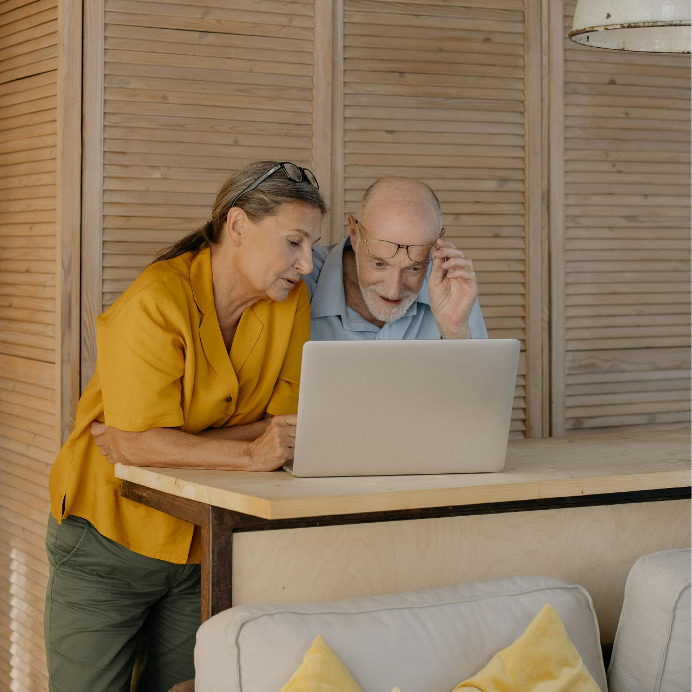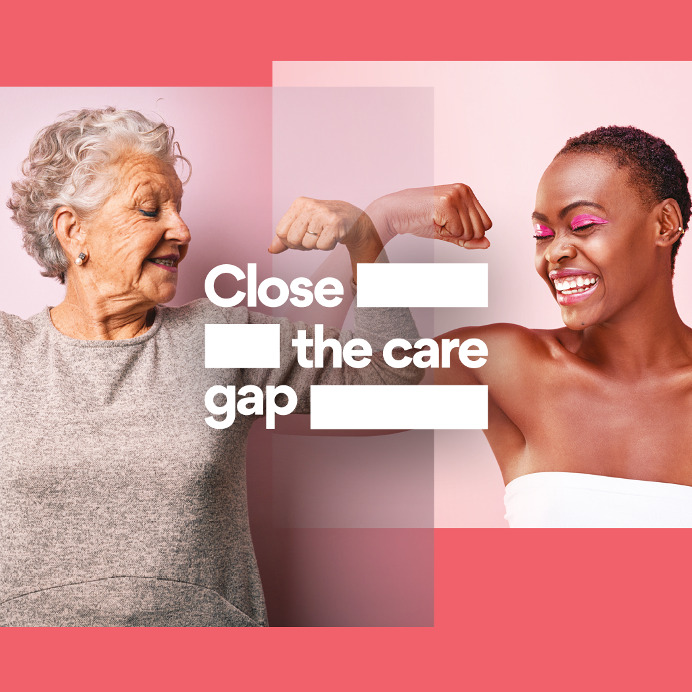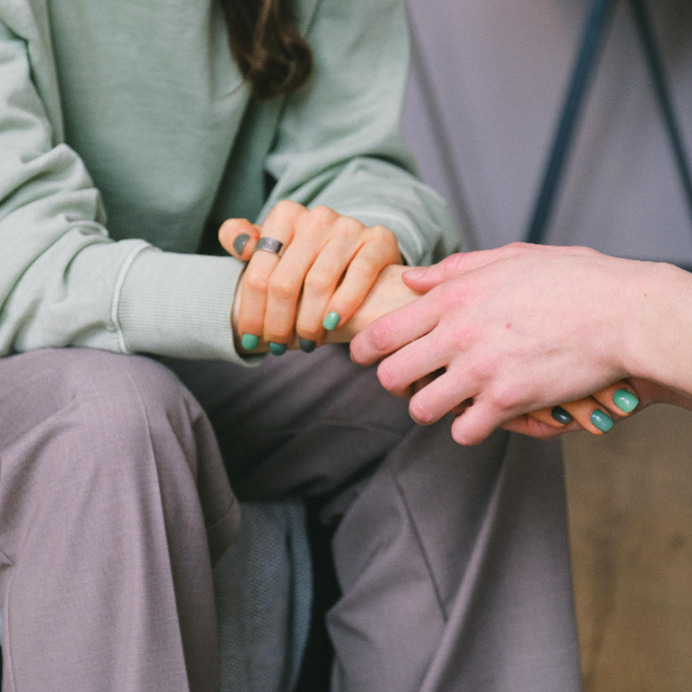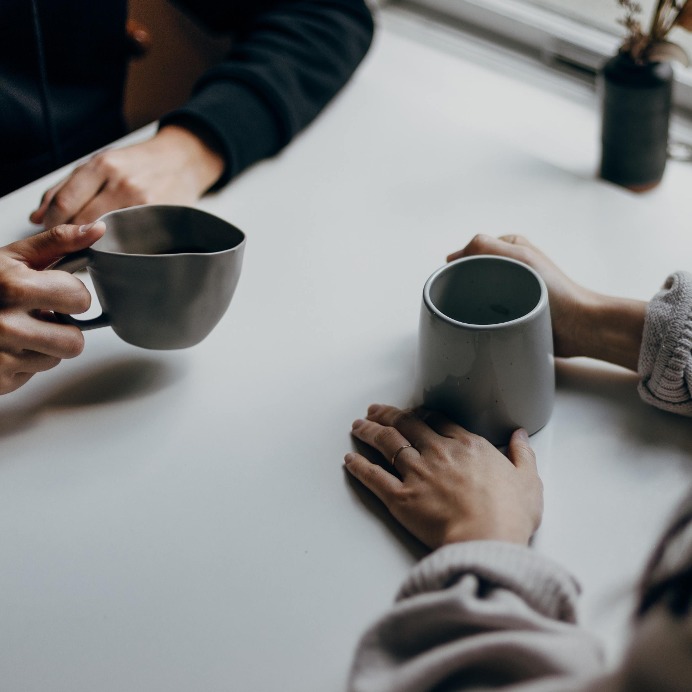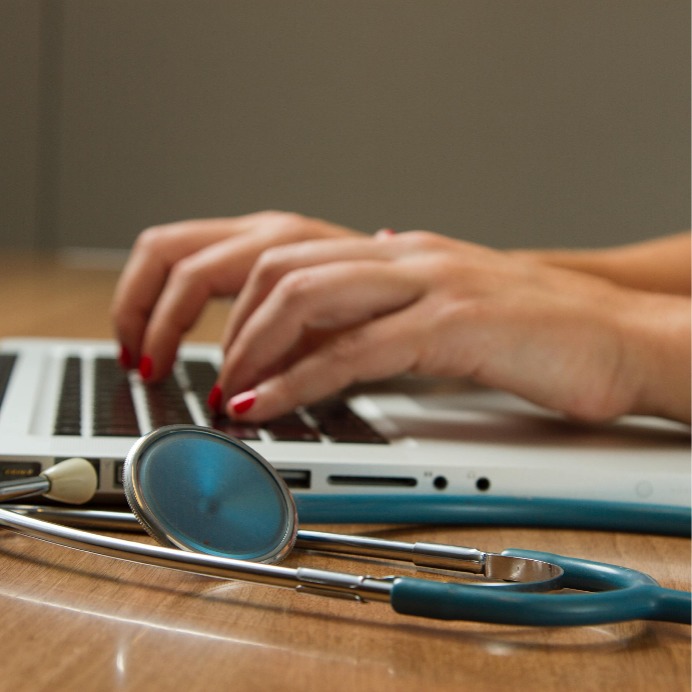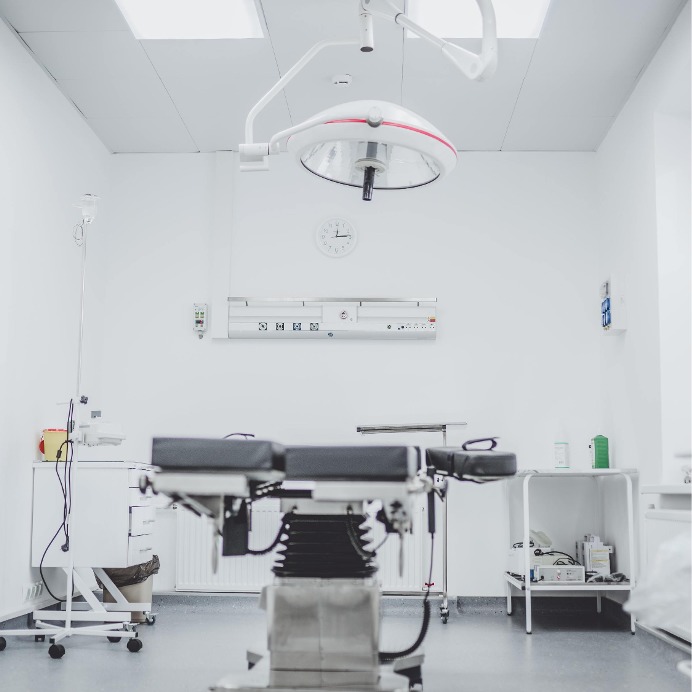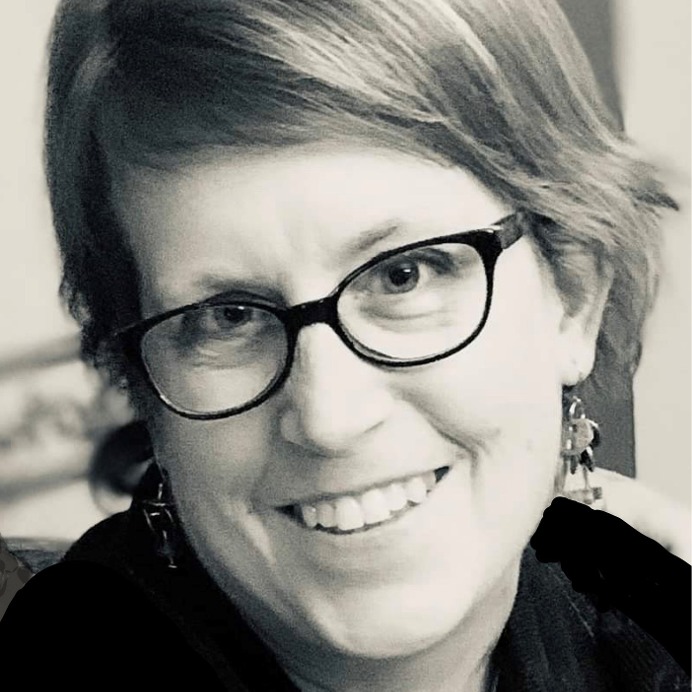By continuing to use our site, you consent to the processing of cookies, user data (location information, type and version of the OS, the type and version of the browser, the type of device and the resolution of its screen, the source of where the user came from, from which site or for what advertisement, language OS and Browser, which pages are opened and to which buttons the user presses, ip-address) for the purpose of site functioning, retargeting and statistical surveys and reviews. If you do not want your data to be processed, please leave the site.
The Voice of People With Breast Cancer
Education
Our Voices Blog
Tag : self-advocacy
Breast Cancer Care for Lesbian and Bisexual Women
Who you are and where you live can greatly impact your access to care, and sexual orientation is no exception to this. Within the healthcare system, the LGBTQ+ community regularly experiences barriers when seeking adequate health services, and the effect of these barriers may result in poorer health outcomes. This leads to the question — does being a lesbian or bisexual woman affect your risk for breast cancer?
Podcasts for Peace of Mind
I came to the Podcast game way late, like decades late. So when most people were tuning in on their morning commute to work, I was still listening to the mumbo jumbo in my head instead. Not that there’s anything wrong with this, I’ve always enjoyed my own company and I’m also a bit of a late bloomer which can translate into sometimes being a latecomer, so there’s that. But if I knew then how much I love a good podcast now, I’m fairly confident the time I spent waiting in Princess Margaret Hospital’s air-conditioned rooms would have passed by a lot quicker.
My Genetic Test Results Changed my Treatment Plans
Stacy Zelazny lives in a tiny town in Ontario, literally, she resides in a little-known place called Tiny, Ontario. Stacy describes herself as a mom of two amazing girls who is married to her best friend and winning the biggest fight of her life.
What Happens if a Life or Health Insurance Company Denies Your Claim?
A breast cancer diagnosis comes with so many fears and challenges. The last thing you need on your mind is the worry about whether your insurance claim will be approved or denied. Appealing a denied claim can add an additional burden to an already difficult time. Some people don’t even realize that are able to appeal their denied insurance claims. But how do you do it?
Getting a Second Opinion in our Public Health System
When we hear stories about people’s experiences receiving a diagnosis like breast cancer, we often hear the empowering message to trust your gut and get a second opinion if the answers aren’t sitting well with you. These messages, while meant to be inspiring, can often feel impractical. In other countries, like the US, getting second opinions may be fairly straightforward, but in Canada, second opinions may be a bit trickier to come by.
Closing the Breast Cancer Care Gap
This World Cancer Day, the focus is on how to ‘Close the Care Gap’. It is a call for everyone to not only become aware of the inequities that exist in cancer care, but to get actively involved in addressing and reducing such inequities. These inequities can be due to systemic and social barriers, as well as general access to care. While such gaps exist, they can be reduced and eventually eliminated. Below, we outline what CBCN is doing to close the breast cancer care gap and what you can do too.
Support. How to Give it, How to Get it
I finally caught up on my television viewing and watched the Friends Reunion show and the first two episodes of And Just Like That… Through the nostalgia, out-loud belly laughs and floods of tears (there were tons of each), one thought dominated: this is what support looks like. Sure, it was just TV, but if I could feel the connection and love through my 29-inch screen, then so can other people. I’m pretty sure that’s why these shows resonate. Support is survival. I need it and you do too, especially when you’re living with cancer, overcoming it, in the healing process, in remission or even know someone going through breast cancer. Asking for what you need though can be tough. We’re hardwired to put on a brave face or listen to whatever other crap messaging we tell ourselves we need to do. And it’s never worth it. So instead of being an island, try one or all of these suggestions to give and to get the support you deserve.
My Breasts Are My Boobs
It’s safe to say I think about my breasts a lot. Wait. I just wrote breasts. Not boobs, tits, coconuts, gazongas or even The Girls. Breasts. Ugh. Having breast cancer has done this to me. It’s made me think of my boobs as breasts.
Self-Advocacy Tips: For Patients, From Patients
Last year, we wrote a blogpost on the importance of advocating for yourself as someone with breast cancer. We also shared tips on how to go about becoming an advocate and being a part of your healthcare team. While the information shared is valuable and reflects situations you may find yourself in, we believe that the best way to learn is to hear from people who have been there already.
Why It’s Important to Be Your Own Advocate
The Merriam-Webster dictionary defines ‘advocate’ as a verb that means “to support or argue for”. ‘Self-advocacy is defined as “the action of representing oneself or one's views or interests”. While the word, advocate might make us think of protests or political signs, that is not always the case. As someone with a breast cancer diagnosis, self-advocacy and being an advocate simply means being a part of your health care team. It means knowing yourself and speaking up for yourself to make sure that your cancer care needs are met. Self-advocacy is part of participatory medicine where “patients are actively working alongside their physicians to choose the best course of cancer treatment.”
My Eczema Turned Out to be Paget’s Disease – A Rare Breast Cancer
I’m writing this as a PSA for all women. We’re always told to check for lumps and to get mammograms. However, Paget’s disease of the breast is a breast cancer that until October, I had never heard about.
Retaining control of your medical record, remaining hopeful and persevering
I am a 43-year-old mother of two amazing children, I have been in love with my wonderful Martin for 20 years now and I am a research professional in the health sector. Until August 2018, I was considered a breast cancer survivor. My cancer had been treated in the best way possible. My son was not yet one year old at the time (in 2012). I went through chemotherapy, radiotherapy, hormone therapy, a mastectomy and, finally, a breast reconstruction.

